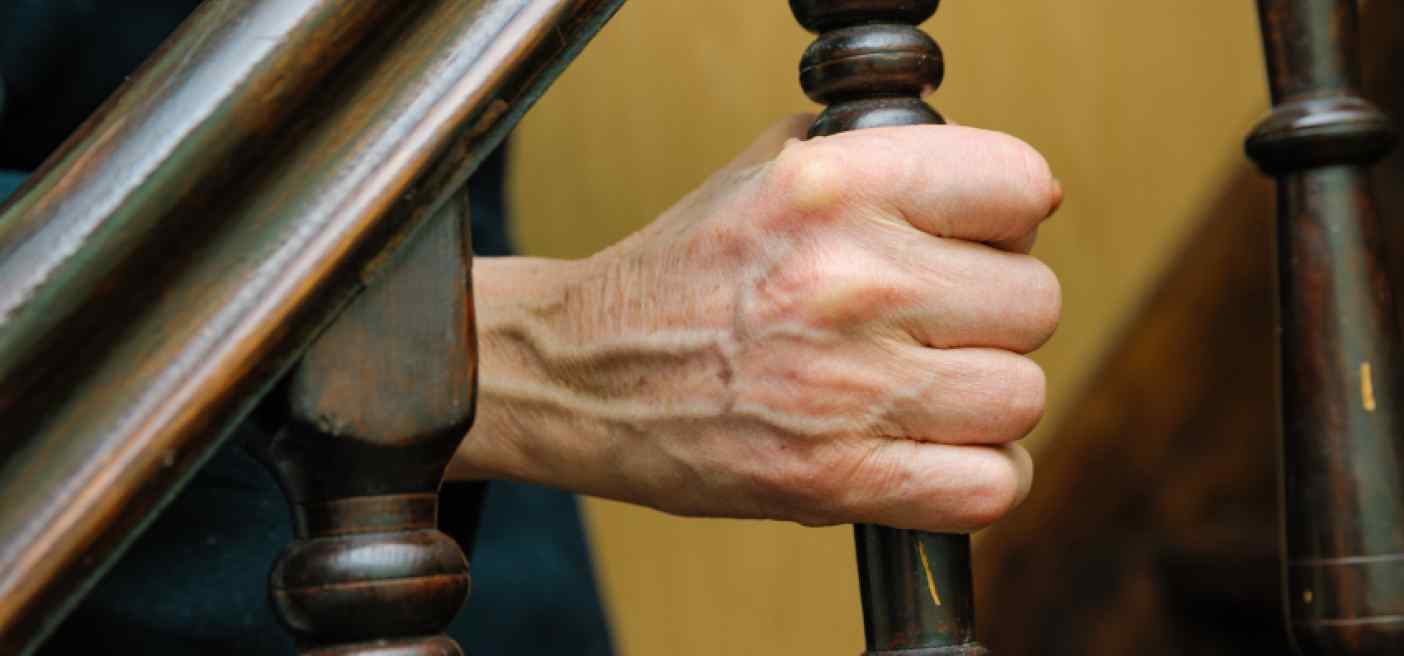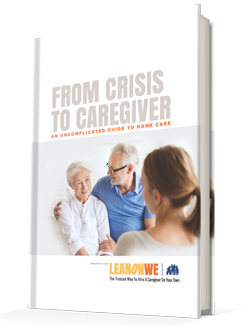Is Home Safe for Your Senior? Find Out with These 3 Questions and Checklist

For seniors and their adult children, the family home may be a source of comfort, safety, and happy memories, so it’s easy to understand the appeal of aging in place.
Still, your senior’s safety has to be your top priority. As your loved ones age, certain aspects of the home may present a danger to their safety. From slippery floors to poorly lit hallways, there are risks to be aware of in the home.
If you’re not sure whether your parent can be safe at home – let alone what you need to do to make it happen – read on as we break down three key questions to ask and walk you through a home safety checklist.
3 Key Questions to Ask To Evaluate the Safety of Your Senior’s Home
To help determine whether your senior’s home is safe, we recommend running through the following three questions:
- What risks does the home present?
- How well can your senior manage home maintenance?
- Can your senior stay organized?
Are There Risks in the Home to Your Senior?
First, assess the risks in the house to your senior.
Stairs are a common cause for concern. If your senior can’t manage them safely on his own, bring as many daily activities onto the main floor as possible. You might even want to discuss downsizing to a single-floor home or doing some renovations to accommodate first-floor living.
Next, move to the kitchen. Does your senior still cook? Is there a chance she’ll forget to turn off the stove? Do hot pans or heavy dishes present a danger? If so, it’s time to simplify by helping your senior prepare meals in advance or by hiring a caregiver who can do the cooking.
Also, consider what modifications might be needed in the bathroom. For now, it might be as simple as putting a non-slip mat in the bathtub, purchasing a shower chair, or installing a temperature-controlled device to prevent scalding from hot water. But over time, your senior may need his caregiver to provide help with bathing, too.
Can Your Senior Manage Home Maintenance?
Home maintenance goes beyond simply dusting the bookshelves.
Will your senior know what to do – and remember to do it – if the heater breaks or if power goes out in a storm? What about snow removal? Or testing smoke detectors? It’s easy to forget about these everyday emergencies until they come up and you discover your parent no longer knows how to handle them.
To avoid a crisis, it’s a good idea to take an inventory of household maintenance issues and develop a clear plan for dealing with them. Family, friends, and neighbors may be able to pitch in with occasional upkeep while a caregiver helps manage the day-to-day issues. Be sure to discuss the details with your senior and provide a clear list of emergency phone numbers as well as numbers for repairmen and handymen.
Can your Senior Stay Organized?
It’s important to be realistic about whether or not your senior is willing and able to manage household paperwork.
Paying bills, filing taxes, and keeping up with the mail can be overwhelming and confusing for some. An emergency phone list won’t do much good if your senior can’t find it or is unable to call for help. Some of these issues may present a bigger problem for widows or widowers who rely on their spouses to handle household logistics.
A Home Safety Checklist for Seniors
To ensure your parent’s home is safe, we recommend working through the following checklist:
Entryways
Well-lit entryways provide visibility for your senior as she enters the home. Make sure that the entryway has:
- Bright lighting in the entryway and a motion-sensor light
- Clutter-free walkways to make going out/coming in easy
- Wheelchair access, if necessary
- Grab bars near the door
- A door that is easy to lock and unlock
Living room
Your senior’s living area should be a comfortable and safe space to relax. Remember they will likely spend a great deal of time here, so make sure the living room(s) include:
- Furniture with rounded corners
- Non-slip rugs
- Covered electric cords
- Remote-controlled lighting and temperature control
- Grab bars where necessary
Stairways
If your senior has a home with multiple levels, then stairways can provide an additional mobility and safety challenge. There are ways to safeguard stairways with the following:
- Adequate lighting at the top and bottom of the stairs (with switches on either end)
- Handrails on both sides of the stairs
- Non-slip carpeting on the steps
- Reflective tape to help distinguish between risers and treads
Bedroom
Your senior’s bedroom should be a safe and comfortable place to rest each day. To ensure their safety, make sure each bedroom has the following:
- Emergency numbers next to the bed and a phone
- A bed rail to provide support for getting in/out of bed
- Easy access to a light switch or motion-sensor lights
- Non-slip rugs on all hard surface floors
Kitchen
If your senior still loves to cook, then the kitchen is an important place to safeguard. Between slips and cuts, you can make sure your parent’s kitchen is safe with:
- Non-slip floor coverings
- Bright overhead lighting
- Rubberized cutting boards and cut-resistant gloves
- Clutter-free counters
- An easy-access pantry for supplies
- Well-maintained ventilation
Bathrooms
Bathrooms are a common cause for concern if your senior lives alone. Hard surfaces can easily become slippery when wet, so we recommend setting up the following:
- Grab bars near the shower, tub, and toilet
- Non-slip shower mats
- A shower seat, if necessary
- Night lights or motion-sensor lights
The Best Way to Make Your Home Safer: Hire a Caregiver
This checklist is comprehensive but lengthy. No matter how safe your home is, aging in place comes with a few challenges however hiring a caregiver can address many household management concerns.
Not only can a caregiver remind your senior to pay bills and stay on top of other paperwork, but she can also keep an eye on larger safety issues. With coordinated effort and open communication, you can work together to ensure that home is, and continues to be, safe and comfortable for your senior.
Struggling to Find the Right Care? Download Our Free Care Guide
Finding quality care to ensure the safety and happiness of your loved one can be challenging, but it’s not impossible. We’ve helped 2,000+ families hire the right caregiver for their loved ones, and we compiled everything we know into a free eBook.
Our complimentary eBook has all the information you need for an overview of home care, learning how to hire, finding ways to overcome challenges you may encounter, and much more. Download “From Crises to Caregiver: An Uncomplicated Guide to Home Care” today.

